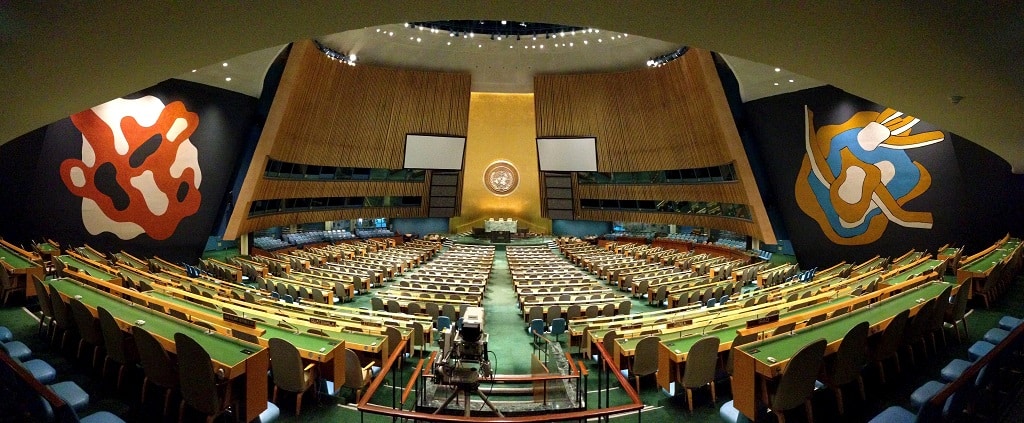Update: February 10, 2022 — On February 4, 2022, the Chef de Cabinet (the head of the Office of the U.N. Secretary-General in the Secretariat) responded to Access Now’s joint coalition letter on the U.N. Tech Envoy appointment process. The response, while timely acknowledging civil society’s input, did not commit to implementing the recommendations supported by over 90 organizations. Critically, while the response alludes to transparency, the Secretary General’s office indicates that the U.N. Tech Envoy selection process remains confined to “established [U.N.] practice” — a practice that needs updating within this appointment process and beyond.
Transparency and inclusivity are critical to a successful Tech Envoy appointment, and, as applications close, Access Now is calling on the United Nations (U.N.) to publish all key information in relation to processes, candidates, and final decisions.
Access Now shared the world’s excitement when the U.N. Secretary-General Antonio Guterres created a new position, the Tech Envoy, to lead the U.N. into the digital age. However, the Secretary-General chose an opaque appointment process for the inaugural U.N. Tech Envoy, and the first candidate left the position ignominiously last November.
Yesterday, January 27, marked the application deadline for the next U.N. Tech Envoy, and civil society is pushing for an improved process. Access Now joined over 90 non-state stakeholders in urging the U.N. Secretary-General to ensure an open and transparent U.N. Tech Envoy appointment process, and commit to human rights and multi-stakeholder engagement. Reiterating the joint Position Paper of November 2020, the letter underscores that transparency is integral to support a trustworthy, inclusive relationship with all stakeholders.
“To rebuild trust, transparency that centers on the diverse voices of civil society is essential. We demand that such transparency start with the appointment process itself,” said Laura O’Brien, U.N. Advocacy Officer at Access Now.
The high-level mandate will prove to play an instrumental role in upcoming tech-focused initiatives, including the proposed Global Digital Compact, a multistakeholder U.N. process stemming from the U.N. Secretary-General’s Common Agenda report and the Roadmap for Digital Cooperation.
“The U.N. has not done enough to facilitate dialogue and actively include civil society in key appointment processes. This is true despite the countless efforts of Access Now, and our partners, to advocate for a more inclusive approach,” said Peter Micek, General Counsel and U.N. Policy Manager. “We support this new office, but demand an open commitment from the Secretary-General to engage with affected communities and place human rights at the heart of digital transformation within the United Nations.”
To help ensure a leader steps up to the plate, Access Now is calling on the U.N. to publish: all relevant dates; the timeframe for consideration of candidates; names and statements of candidates, along with the declaration of independence from any commercial conflicts of interest, unresolved legal, or human rights violations in their past roles or positions; and, of course, the shortlist and final decision.
Read the open letter.
